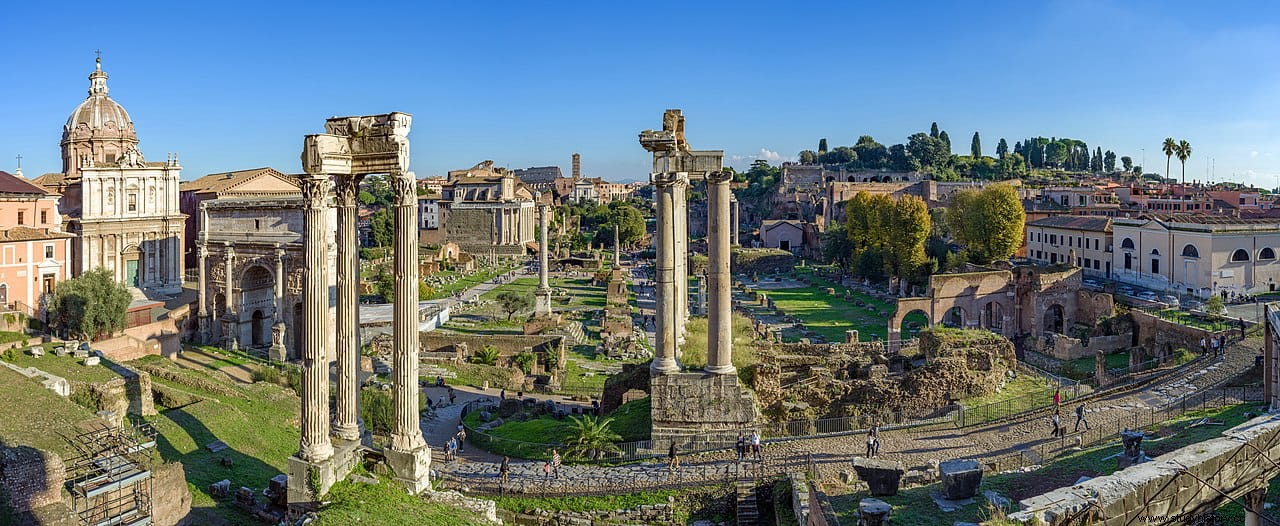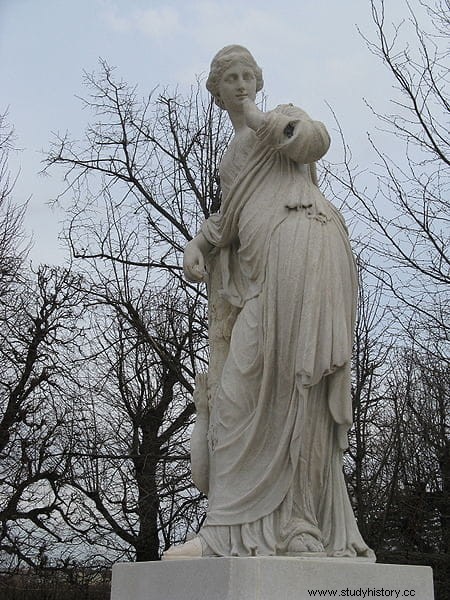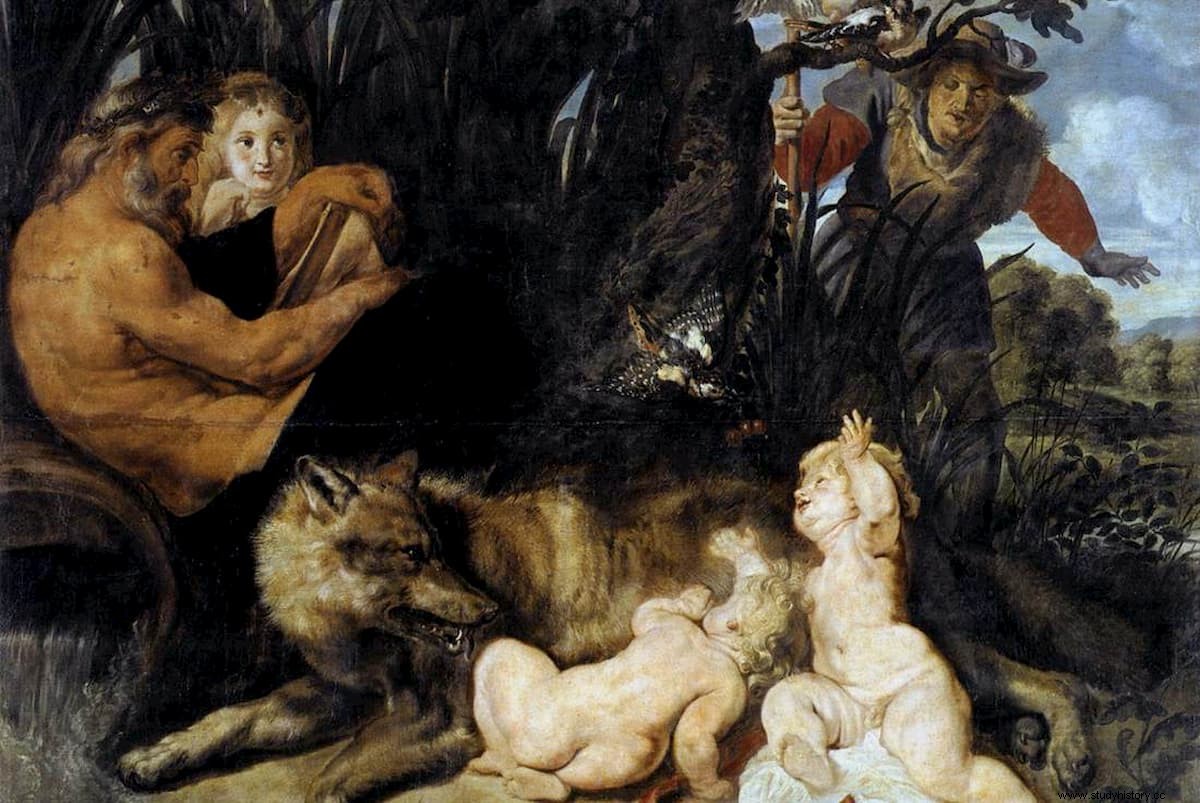Quintus Valerius Soranus was born around 140 B.C. in the town of Sora, a Latin municipality near Rome. Poet and grammarian, he became tribune of the plebs and wrote several works of which only a couple of verses of an elegy to Jupiter have survived.
In it Valerio conceives the god as masculine and feminine at the same time, perhaps trying to unite the Stoic and Orphic doctrines, which makes the fragment an interesting object of study in the mythological and religious field.
Pliny the Elder says that he was the first writer to provide a table of contents, that is, an index, to help readers navigate a long work. Apart from the fact that he therefore could have been the inventor of such a useful instrument, it indicates that at least some of his lost works must have been significantly extensive. 
Cicero, whose friend he was, held him in high esteem. Enough to make a character in his work De oratore praise Valerio Sorano as the most cultured of all those who wear a toga . Varro also mentions him several times in his works.
Quintus Valerius Soranus sided with the populist Marius during the civil wars of 88–87 and 82–81 BC. against the patrician Sulla, who ended up being dictator. It is probably because of this that in 82 BC, being a tribune of the plebs, he was declared a traitor and sentenced to death.
However Servius in his work In Vergilii Aeneidem commentarii (Commentaries on Virgil's Aeneid), written at the end of the fourth century AD, gives a different version of this fact. According to Servius, Quintus Valerius Soranus was convicted and executed for revealing the secret name of Rome.

It is therefore possible that Valerius fled from Rome. Plutarch mentions a Q. Valerius philologos and philomathes (lover of literature and learning) who was a supporter of Mario and who accompanied Carbo, the colleague at the consulship of the recently murdered Cinna, to Sicily. There Carbo was executed by Pompey, and it is very probable therefore that Valerio also. According to Plutarch:
Both Plutarch and Pliny the Elder say that Valerius was punished for revealing the secret name of Rome. He would have done it in a work entitled Epoptides (Tutelary deities).

Solinus, a grammarian writing in the mid-4th century AD, also connects the death of Valerius Soranus with the goddess Angerona. She is one of the most enigmatic deities of Roman mythology, of which the sources offer contradictory and confusing versions and descriptions. It seems that she was the goddess of anguish and fear (she could produce it and remove it), and above all of silence.
Her cult would have been introduced in Rome to prevent the secret (and sacred) name of the city from being revealed to the wrong person, much less to enemies.
But did Rome have a secret name? And if she had him, who could know him? If we stick to what the reviewed sources say, yes, Rome had an arcane or secret name that was perhaps only revealed to a few. Unfortunately, no source picks it up.
That the goddess Angerona was its protector makes some scholars think that this was also the secret name of the city. While the genius of Rome was familiarly called (and thus represented on coins) as Rome , her formal name would have been Angerona. The statue of her had a bandage over her mouth to prevent her from revealing her own name and to command those who served her to likewise refrain from naming her. 
Her name was possibly known to the college of priests who officiated at her feast on December 21, and perhaps also to the Pontifex Maximus . If Quintus Valerius revealed it as a tribune of the plebs he must have known it too.
That Valerio had revealed it could therefore be interpreted as a political protest, but also as an act of treason. Well, by revealing it, she exposed the tutelary deity of the city, and it was unprotected.
This belief was based on the supposed power that enemies knowing her secret name would have to thus invoke her deity and persuade her to abandon her position as guardian of the city. When the Romans besieged a city, they used to address supplications to the patron god or goddess, promising that if she withdrew, she would be treated much better in Rome. If they also knew the secret name, in addition to supplications they could threaten and coerce the god.

According to Luigi Alfonsi, Valerius was able to reveal it so that the Latins could appropriate the name by breaking Rome's monopoly on power. Others believe that, like Pliny, Valerius thought it was just a meaningless superstition.
One theory links Quintus Valerius Soranus to the hirpi Sorani (Sorano's wolves), the priests of the temple of the god Sorano on Mount Soracte. Valerio would have been a priest of this temple, whose god had a female aspect called Feronia (or Angeronia ). According to this theory the tutelary deity of Rome and therefore her secret name would be the Samnite wolf-god Hirpus (or Hirpa ), and that's why Valerio knew him.
That would explain why the word hirpus it did not go into Vulgar Latin, and lupus was used instead to name the wolf, because there would be some kind of prohibition on the word.
